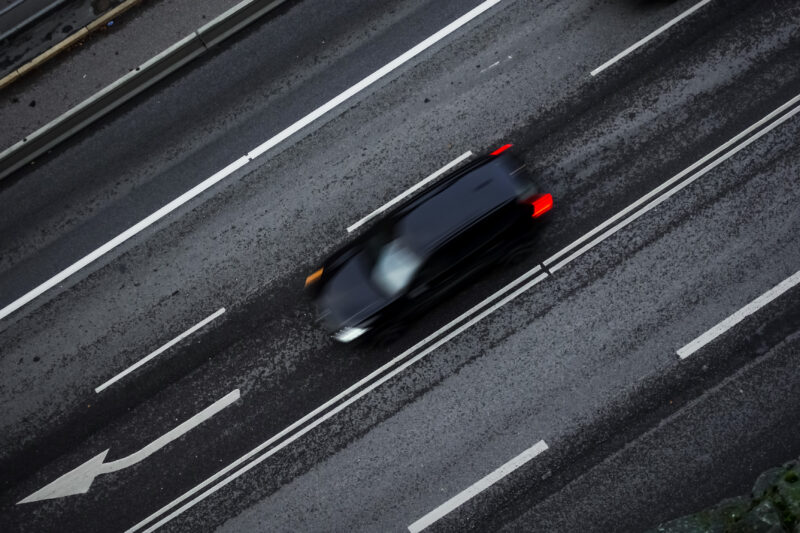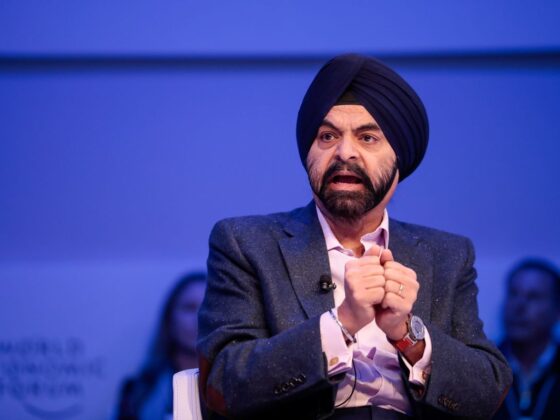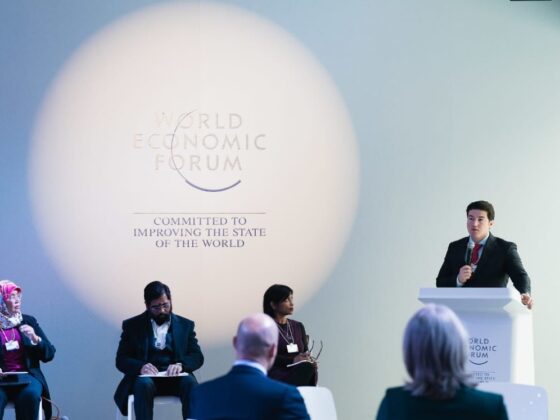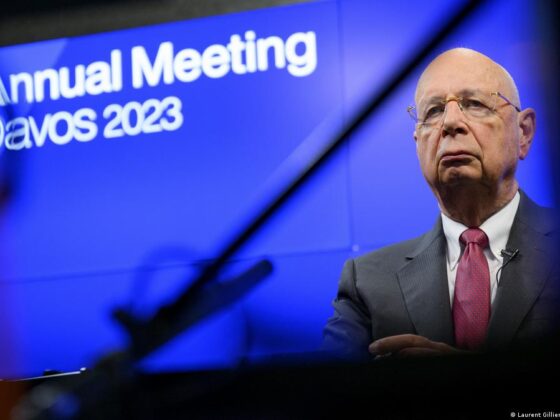The end of car ownership is near. In light of the confirmed expansion of the ULEZ, nearly a third (31%) of Londoners intend to sell their car within six months. This is not a coincidence. The WEF and C40 groups have carefully orchestrated it.
According to research commissioned by used-car marketplace Motorway, nearly a third (31%) of Londoners plan on selling their vehicle within the next six months because of the confirmed ULEZ expansion and rising living costs.
Two-thirds of Londoners (67 percent) admit they are worried about how the expansion will affect their personal finances. And before the zone is expanded, 65 percent of respondents will not be able to afford to switch to an electric vehicle or compliant vehicle.
30 percent of Londoners are more likely to sell their vehicles in the next six months due to the current cost of living crisis. There will be many more to follow.
Moreover, three-quarters (75 percent) of residents in the capital are unaware that the ULEZ will expand in August 2023.
From Chessington to the M25, the ULEZ expansion will cover all of London. By 2030, London’s mayor has pledged to reduce car miles by 27%.
Muniya Barua Deputy Chief Executive at BusinessLDN said: “With congestion costing the economy over £5bn a year and a 27% reduction in car miles required to hit our net zero targets, this has to be a priority.”
London’s net-zero ambitions, announced before COP26, require a 27 percent reduction in car traffic by 2030, according to research commissioned by the mayor.
By 2030, a 27 percent reduction in car vehicle kilometers travelled is required according to the Pathways to Net Zero Carbon by 2030 report.
This is all part of a broader plan called Agenda 2030, which has its connections to the WEF:

The great reset initiated during the COVID Pandemic sought to reset the climate. As lockdowns eased, governments and organizations around the world turned their attention to the process of recovering. They also focused on rebuilding in a brand-new way. A solution that makes the world a better place for everyone and addresses the other most pressing crisis of our time: climate change.
In an article published by Fox Business News: titled World Economic Forum calls to eliminate private vehicles by eliminating ‘ownership’, the WEF said steps need to be taken to decrease reliance on critical metals amid a push for green energy. Various nations are seeking to make the transition to renewable energy supplies as part of the World Economic Forum’s efforts to reduce global reliance on critical metals. Reducing private vehicles is one proposal.

WEF has published several hit pieces demonizing car ownership in the past couple of years: Take this one: Three trends shaping mobility in 2020:
It wrote about congestion:
“But congestion is not something that is happening to you. You are the congestion. Every time you choose to get into your car alone and drive into the city, you are part of the problem. You are, in effect, doing this to yourself – which means you can choose to do something different.”
According to the paper, owning a car will become more expensive in many ways, including higher registration, fuel taxes, road tolls, and parking fees. People are being incentivised to make different choices through experiments.
In 2016, Uber CEO Travis Kalanick said soon nobody would own a car.
“If there was a mobility service that’s cheaper than owning a car, more reliable, and you get to sit in the back seat instead of being stressed out in the front seat, why would you own a car?” Kalanick asked. “You might own a car, just like some people own horses. You know, they might take a ride on the weekends or something,” he said at the Forum’s Annual Meeting of the New Champions in Tianjin, China.
You'll own *zero* private vehicles, according to the ambitious target. But if you do have one, you'd better use it for half a century. pic.twitter.com/5R3YEiOQFy
— Frédéric Leroy (@fleroy1974) July 24, 2022
And as stated in The Future of Urban Consumption in a 1.5°C World, which was produced by the C40 group – a group of cities committed to fighting climate change:
“A change in production or consumption that in most cases leads to a direct reduction in consumption-based emissions. One example would be a reduction in vehicle ownership.”
And
“By reducing vehicle ownership, 170 million m2 of on-street parking could be released back to the public realm in C40 cities, providing enough space for 2.5 million trees and 25,000 km of cycle lanes.”
Also take into account that this is not just affecting the UK; it is a global trend, for instance Canada is phasing out the combustion engine. Under proposed regulations proposed by Environment Minister Steven Guilbeault, one fifth of all cars, SUVs, and trucks sold in Canada in 2026 will run on electricity. As of 2030, 60 percent of all sales will be electric, and by 2035, all passenger vehicles sold in Canada will be electric.
SDG 7: Clean Energy and SDG 13: Climate Action for a low-carbon future are directly aligned with EVs, including SDG 7: Clean Energy.
And this will only accelerate: By 2030, private car ownership could drop by 80 percent, according to a report. Analysts believe a network of shared electric cars will be the future of city transportation.
The UK Government has also confirmed that the sales of new petrol and diesel cars will be banned at the end of the decade in 2030 to reduce vehicle emissions.
Also to reduce transport carbon emissions in Ireland, the Government could consider ending free workplace parking and introducing a minimum parking charge in all urban areas. There might also be congestion charges for trips across “marked cordons” in a “collective basket of measures” aimed at reducing carbon emissions by 50%.
Canterbury, Birmingham, Ipswich, Oxford, Manchester, London, Glasgow and Edinburgh are other 15 minute UK cities:
Climate restrictions & the rise of 15-minute cities: Is Canterbury a blueprint for your city?
This 15-minute smart city is marketed as being convenient for its residents, but this could not be further from the truth. Every aspect of the lives of people is monitored and controlled in smart cities, not just mobility.
What is a '15-minute city' and how will it change how we live, work and socialise?
Source: euronews (Youtube) pic.twitter.com/fC3fbulo0P— Wittgenstein (@backtolife_2023) December 27, 2022
The World Economic Forum and C40 don’t want you to move freely. You can’t own a car, you will be priced out. They want you zoned into a 15 minute Smart city with carbon credit QR surveillance working in the metaverse and eating black fly insects.
In London, many people won’t be able to change their vehicle, or buy an electric vehicle. As a result, they will be priced out and lose their mobility. We now have personal climate lockdowns, just like COVID lockdowns.
How will those who can afford an electric vehicle cope when the price of electricity skyrockets, when they can no longer afford to charge their cars? Already, this is happening as the cost of living crisis intensifies. New research from the AA has found that more than 70% of drivers have been put off owning an electric car because of increases in energy prices.
And we already know that Tesla and other electric car batteries lose 40% of their range in extremely cold weather: AAA
According to a market research report, Mobility as a Service (Maas) market size is predicted to reach $40.1 billion by 2030, up from an estimated $3.3 billion increase in 2021. So Electric Ride-Hailing, Car Sharing, Micro Mobility, Bus Sharing, Train.
World Economic Forum – Paris is planning to become a ’15-minute city’
Source: https://t.co/MRsoeMmLzp pic.twitter.com/d7zOfe3iuW— Wittgenstein (@backtolife_2023) December 25, 2022
All these moves and proposals are being made outside of democracy, supposedly to protect the environment and reduce pollution. But there will be knock-on effects for local residents, for people who travel for work, school, and visit family.
It’s more about changing and nudging behaviours and boxing us all into their 15 minute smart cities. Similar proposals are being discussed in Oxford, Canterbury and many other cities in the UK.
🧵
1. Net Zero Projects such as C40 Cities, 15 Minute Cities, Oxford & Canterbury Smart Cities etc. People are viewed by the authorities as cattle. Every move you make tomorrow will be tracked – every decision you make will be catalogued.pic.twitter.com/yRgdkAHCx7
— SikhForTruth (@SikhForTruth) December 22, 2022
The World Economic Forum meant it when they said you would own nothing and be happy by 2030. The trend toward net zero and transportation as a service (TAAS) or mobility as a service (MaaS) is likely to result in people not being able to afford a car by 2030. Renting would be their only option. Therefore, instead of owning an asset like a car, we would have to rent or use one on demand, like we call an UBER or hail a cab.














